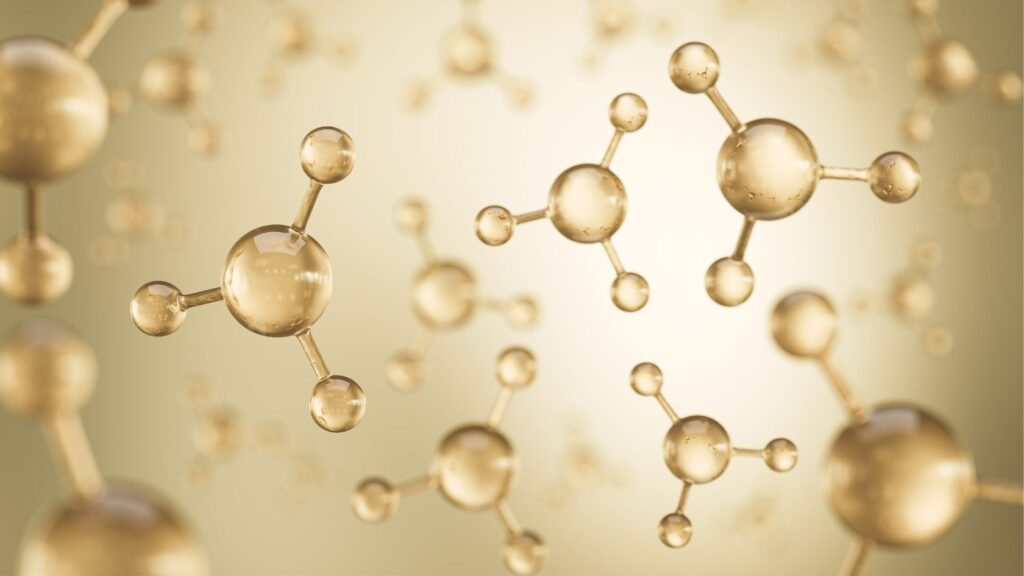What are the 3 States of Matter?

Matter is anything that takes up space and weight, but what are the 3 states of matter? The three states can be classified as:
- Solid
- Liquid
- Gas
Understanding the 3 States of Matter
Solids comprise compacted molecules that can’t move around much, so they are hard and have shape and volume. Since the molecules are attached together in a solid, they can only vibrate in place and don’t move around much. Some Examples of solids are books, gold, and bricks.
Liquids, however, have loosely bonded molecules, which means. At the same time, they cannot hold shape; it has constant volume, and their molecules can freely move around but stay close together. For example: water, oceans, and rivers.
Gases, however, have no shape and volume, but they do have pressure. Its molecules can move freely and are spread apart. Common examples of gases are oxygen and helium, which are often used in balloons to make them float.
Changing States of Matter
While there are three states of matter, each type can change from one state to another. States of matter can change depending on the temperature. For example, a gas can become a liquid through condensation as its particles cool. In contrast, a liquid can turn into a solid through freezing when the temperature is below freezing.
Summary
- Matter exists as solid, liquid, or gas, each with different molecular arrangements
- Solids have tightly packed molecules that stay in place, giving them a fixed shape and size, like books, gold, and bricks.
- Liquids have loose molecules that move around but stay close together, so they take the shape of their container but keep the same amount, like water, oceans, and rivers.
- Gases have molecules that spread out and move freely, so they have no fixed shape or size but can fill any space, like oxygen and helium.
- Matter can change states based on temperature, such as turning solid into liquid, liquid into solid, or liquid into gas.
—–
So, the next time someone asks you, “What is photosynthesis,” you know the answer. Keep it up, young genius!
Need more help in Science? Got assignments to finish? Let us help you excel in school. Ask your questions here and our team will try to answer them and share more information with you.